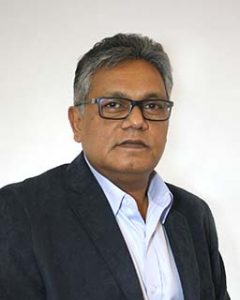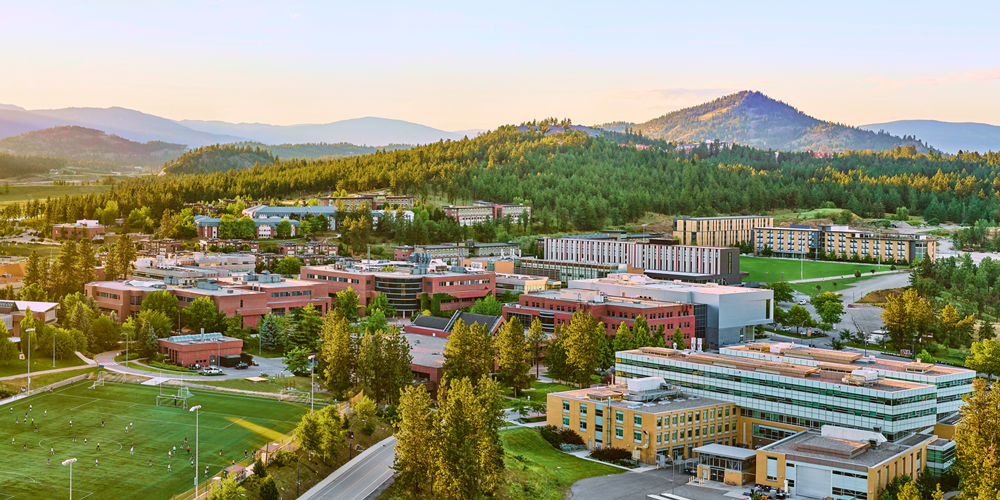Master of Social Work (MSW)

Faculty of Health and Social Development, School of Social Work
| Program | Components | Length |
|---|---|---|
| Foundational two-year track | Coursework and practicum | 24 months |
| Advanced one-year track | Coursework and practicum | 12 months |
Why study a Master of Social Work at UBC Okanagan?
In our Master of Social Work (MSW) program, we believe that to be effective social work practitioners, we must understand the dynamic interaction between the biological, psychological, and social domains.
Upon graduation, you will be ready for professional roles in clinical and direct-practice settings.
The Foundational Two-Year track is a full-time, in-person program of study. It is designed for those who hold a degree outside of social work and wish to develop a Master of Social Work designation while gaining theoretical understanding and practice skills.
Students applying to the Foundational Two-Year track will hold a bachelor’s degree with preference given to social science and behavioural science courses. The Two-Year track requires a completion of 60 credits including two 6-credit practica. We do not admit students for part-time studies.
The Advanced One-Year track is a full-time, in-person program of study. To apply, you must hold a Bachelor of Social Work degree from an institution accredited by the Canadian Associate for Social Work Education (CASWE) or the Council of Social Work Education (CSWE). You will gain a Masters designation while advancing your theoretical understanding and practice skills.
The Advanced One-Year track requires the completion of 30 credits including one 6-credit practicum.
Our focus is on a clinical social work program of study. The MSW curriculum consists of core courses, field education, and electives.
Learn more about the clinical social work program and curriculum breakdown.
Field education provides students with supervised opportunities to apply their course knowledge in a practice setting. You are assigned to community-based agencies and service providers for a set period of days with a focus on learning goals, ethical practice and social work competencies.
Visit our Field Education page to learn more about the available practicum streams.
Meet Our Faculty
Faculty
| Name | Meet Our Faculty |
| Shelly Ben-David Associate Professor shelly.ben-david@ubc.ca |
|
| Shirley Chau Associate Professor shirley.chau@ubc.ca |
|
| Sarah Dow-Fleisner Associate Professor sarah.dow-fleisner@ubc.ca |
|
| Judy Gillespie Director judy.gillespie@ubc.ca |
|
| John Graham Professor john.graham@ubc.ca |
|
| Rachelle Hole Professor rachelle.hole@ubc.ca |
|
| Mary Clare Kennedy Assistant Professor maryclare.kennedy@ubc.ca |
|
| Mary Ann Murphy Associate Professor mary-ann.murphy@ubc.ca |
|
| Dixon Sookraj Associate Professor dixon.sookraj@ubc.ca |
 |
Careers and Outcomes
Explore the diversity of career options available to MSW graduates:
Careers
|
|
Tuition and Funding
Tuition
Tuition fee installments are applied to your financial account in three equal installments in September, January, and May of each year.
For official tuition and fee information, see the academic calendar’s pages on specialized master’s programs | MSW.
Funding Opportunities
The College of Graduate Studies administers merit-based graduate awards with many award competitions each year. Rules and regulations regarding these internal scholarships and fellowship are enforced by the College of Graduate Studies as is the administration of payment.
For more information on funding opportunities available to you, please visit the Faculty of Health and Social Developments Graduate Student Awards page.
Global and Close-Knit
At UBC Okanagan, you gain all the benefits of attending a globally ranked, top 3% university while studying in a close-knit learning community.

Discover the Okanagan
A diverse natural region with sandy beaches, beautiful lakes, vineyards, orchards and snow-capped mountains, the Okanagan is an inspirational landscape perfect for those seeking leisure or outdoor adventure.
UBC's Okanagan campus borders the dynamic city of Kelowna, a hub of economic development with a population of more than 150,000 people— the fourth fastest-growing population in Canada.